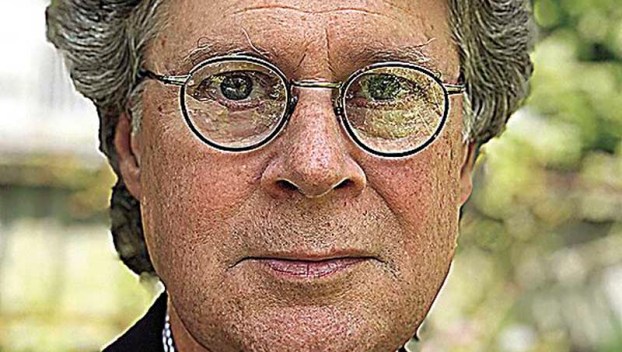
Uncategorized
BYRON YORK: Trump obsession clouds midterm analysis
Remember when the conventional wisdom was that abortion would be a huge issue in the midterm elections? Then ... Read more

Remember when the conventional wisdom was that abortion would be a huge issue in the midterm elections? Then ... Read more

The midterm elections confirmed that in many ways, we are a nation divided. But maybe not as divided ... Read more

Early voting began in Georgia several days ago. There is, of course, intense interest in both the state’s ... Read more

Republicans always believe the polls are slanted against them. That belief has sometimes caused them to misread big ... Read more
DUBAI, United Arab Emirates (AP) — Talks to revive Tehran’s tattered nuclear accord with world powers in Vienna ... Read more

ATLANTA — A newly rebuilt State Election Board is positioned to determine whether the state takes over Fulton ... Read more

VALDOSTA — Voter turnout and early voting numbers this year soared past previous midterm elections. Read more
VALDOSTA — Valdosta State University’s Department of Political Science and Pi Sigma Alpha: The National Political Science Honor ... Read more

TIFTON — Early voting has officially ended for the November midterm elections. Read more